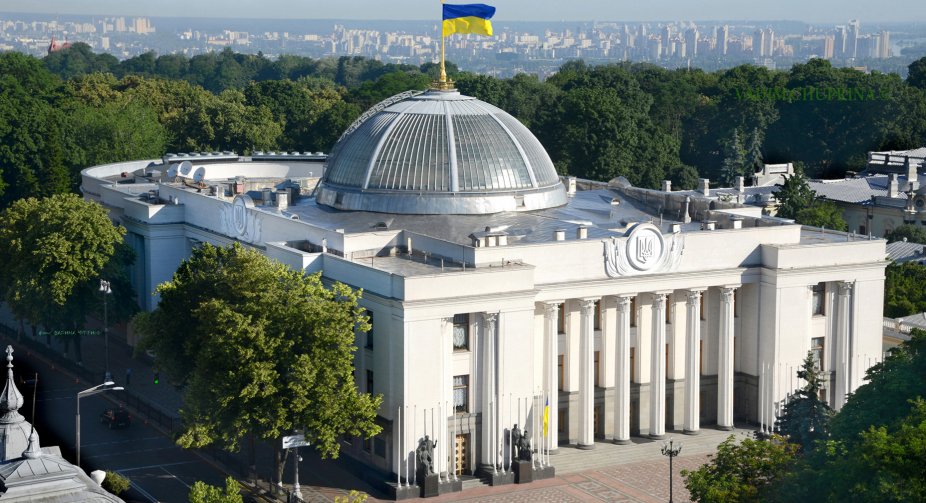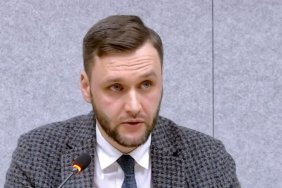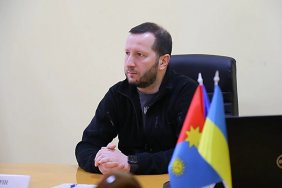The concept of a bill amending the Constitution with regard to decentralization was introduced to parliament at the end of November. One of the key changes that will be outlined in the draft on decentralization is the creation of the institution of prefects, reports RBC-Ukraine.
Prefectures will appear instead of RGAs and OGAs. The prefects are civil servants who will be elected on a competitive basis for the term of three years.
Their main function is administrative oversight: the prefect will monitor the legality of local government decisions, and if necessary, he will be able to appeal to the courts.
The prefect has no right to stop the acts of local government. This possibility is given to the president. He is obliged at the same time to apply for an evaluation by the CCU, which has one month to make a decision.
The order of appointment and subordination of prefects is important. The authors of the preliminary concept do not provide an answer to these questions, offering two options for each of them to choose from. The prefect is appointed either by the president upon nomination by the government or solely by the Cabinet of Ministers.
There is much more clarity as to what will happen to the prefect in another draft law - on local state administrations (#4298) - which was introduced by members of the "Servants of the People" faction. Profile Committee has already prepared the document for voting in the second reading.
This bill has too many discrepancies with the constitutional amendments, which the experts submitted to the parliament. For example, in document #4298 the head of the administration - aka prefect - has the right to stop the acts of local self-government. But there is no mention of a three-year term of office.
Draft law #4298 stipulates that the head of the local administration is appointed by the head of the state upon the recommendation of the government. But if he twice wraps up the candidate proposed to him, the Cabinet can nominate a candidate that the head of state chooses himself. When the government obediently follows the line of the Bankova, the order of appointment and control over prefects does not play a special role. But it may matter in the future, if the power structure changes and the Cabinet becomes a separate center of influence.






